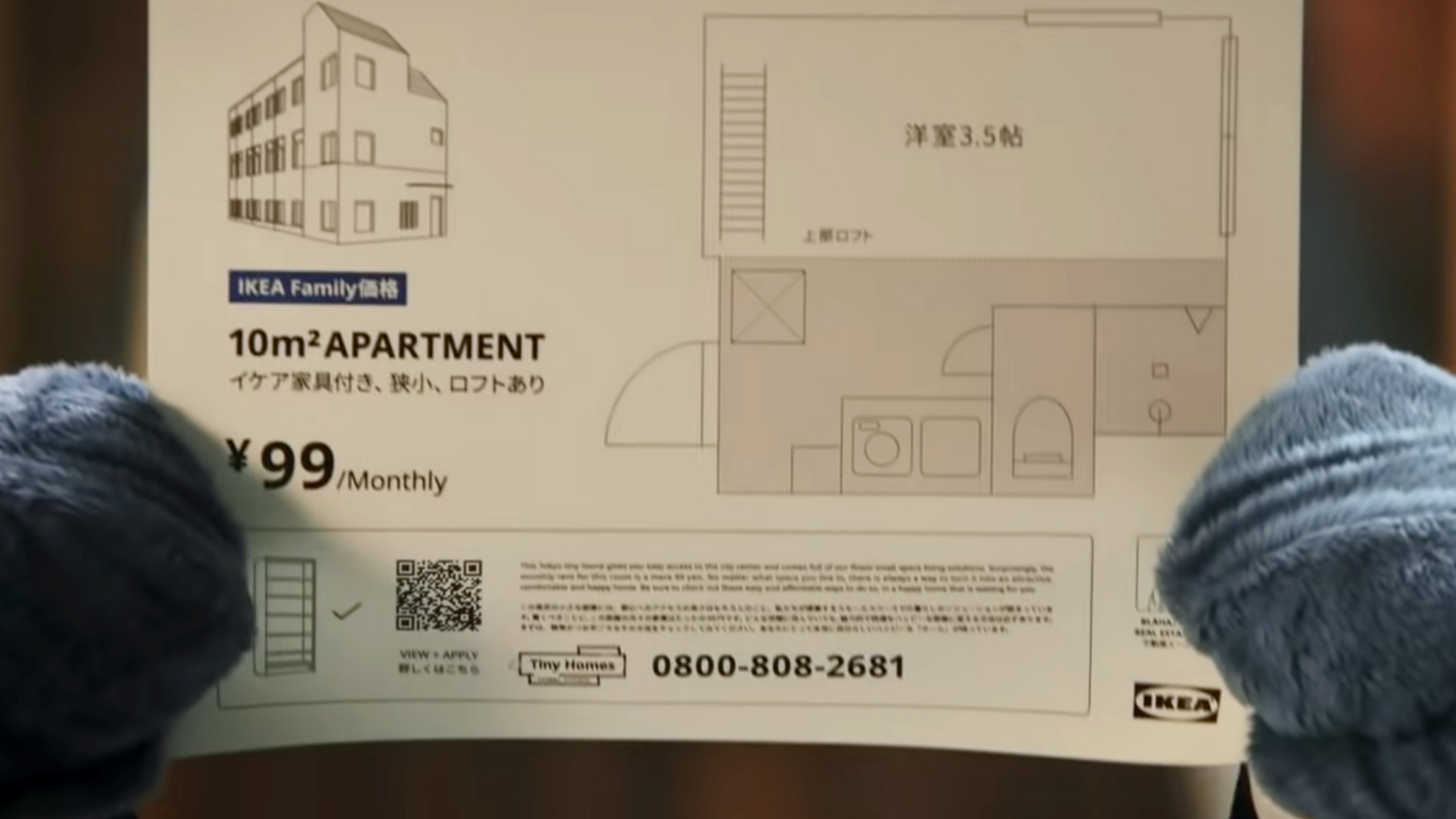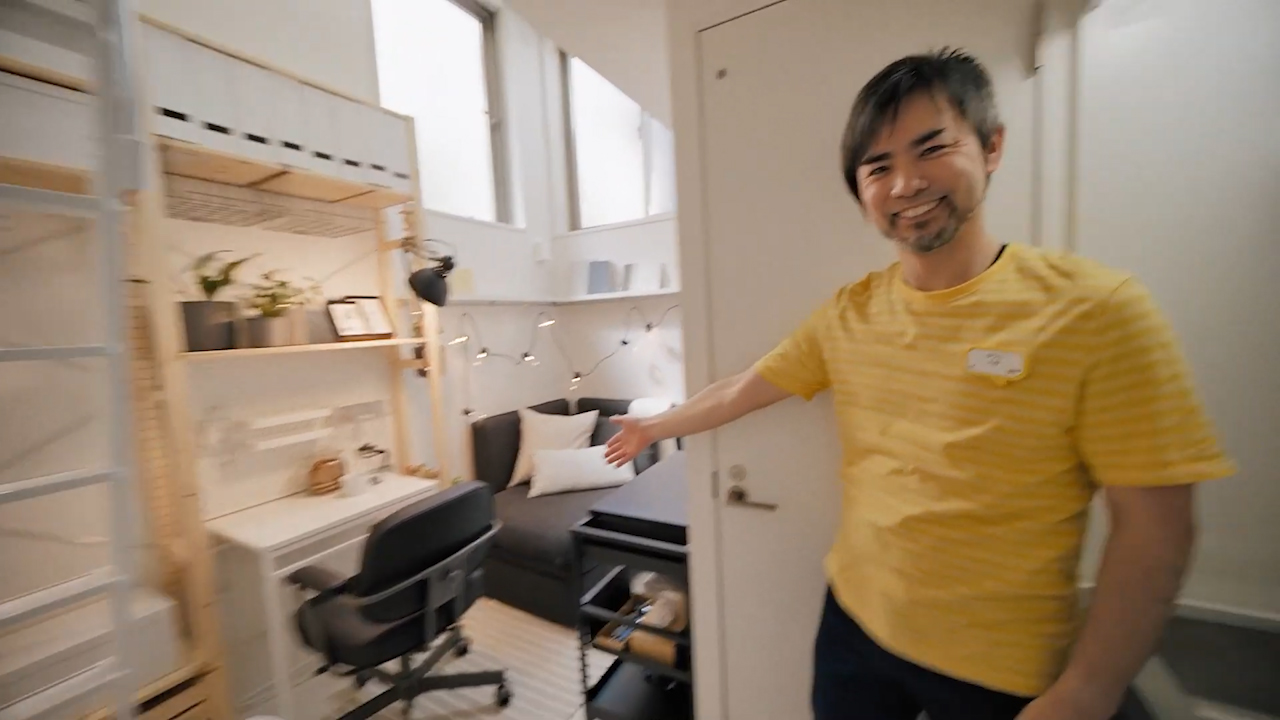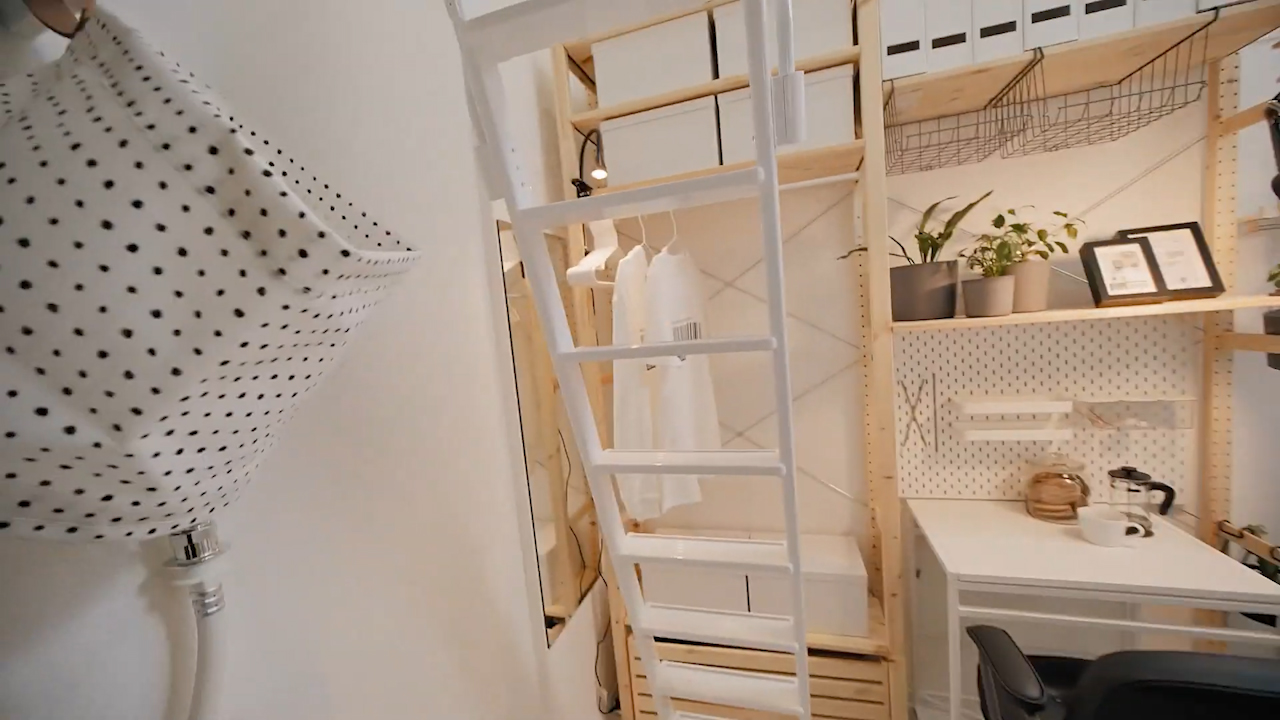Swedish retailer Ikea is becoming a landlord in Japan with a tiny apartment it will rent out in Tokyo.
The 10-square-metre apartment is located in the Shinjuku district and will cost just 99 yen ($1.19) per month to rent, according to details released by Ikea this week.
Only one unit is available, and it is fully furnished with Ikea furniture and accessories.
LIVE UPDATES: Concern over new COVID-19 variant

The company is accepting applications from potential tenants, who must be over 20 years old, until December 3.
The apartment will then be rented out with a lease through to January 15, 2023, Ikea said.
The tenant will have to pay their own utility bills.
Ten square metres isn't much, but Ikea says they have worked hard to make the most of the available area.
"One of the keys is to make good use of the vertical space," the company said on its website.
"By capturing the room three-dimensionally, new possibilities open up in a limited space."
READ MORE: Torrential rain to get worse across multiple states

Tokyo is one of the most densely populated cities in the world, driving a trend for micro-apartments.
It is home to just over 14 million people, according to the Tokyo Metropolitan Government.
Ikea is promoting its tiny home with the help of a shark named Blahaj, who features in a series of promotional videos published on YouTube.
The character Blahaj portrays a real estate agent that specialises in small spaces.
In the clips, Blahaj sets out his vision for the tiny apartment with the help of a member of the Ikea interior design team.
READ MORE: The technology set to be a Christmas game-changer

This is not the first time Ikea has got involved in property.
The company has a joint venture, BoKlok, with Swedish construction company Skanska, which has built affordable modular homes in Sweden, Finland and Norway.
In 2019, BoKlok launched a new style of home for dementia patients, designed to let them continue living at home.
READ MORE: China's 'artificial islands' and why there are concerns about them
Design tweaks included taking mirrors out of bathrooms and fitting kitchen appliances with old-fashioned knobs, rather than digital controls.
